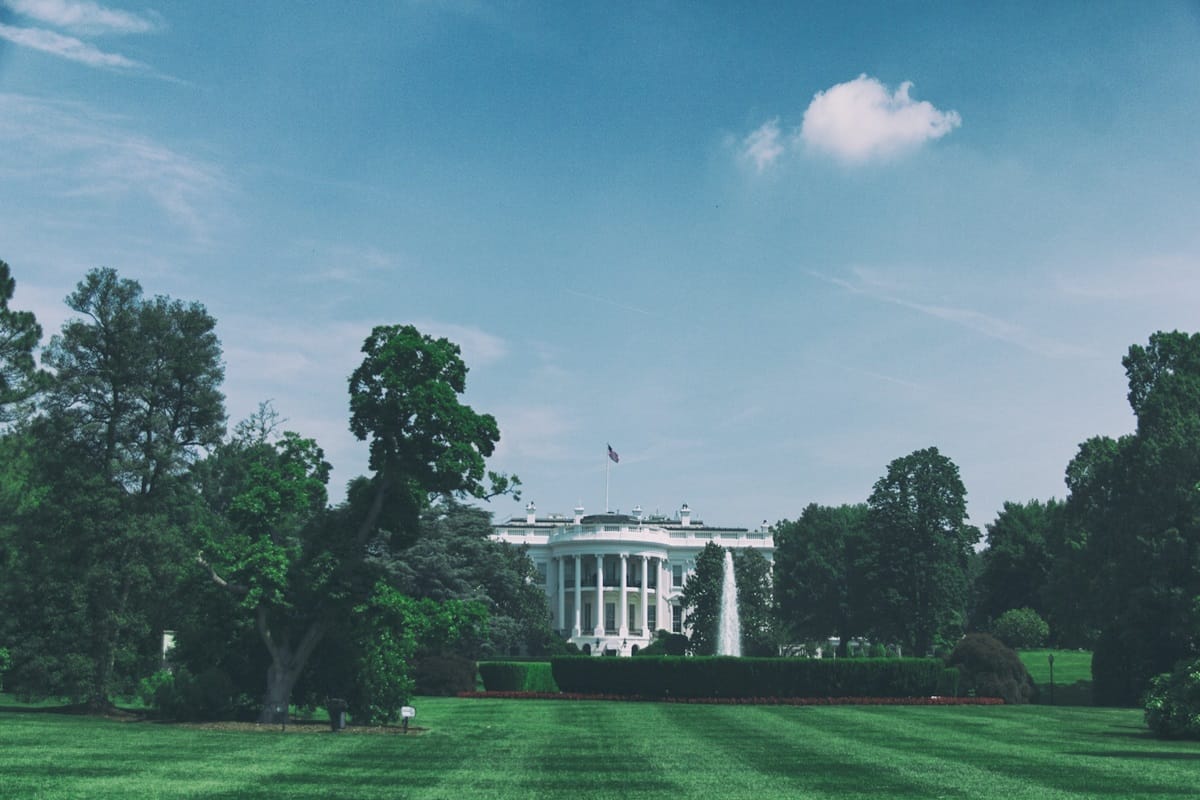The media reported that the administration of the President of the United States Joe Biden plans next week to issue an executive order that will establish a regime for regulating the use of artificial intelligence, which is currently a technology demonstrating rapid growth.

According to the information available to journalists, the decree will be published on Monday, October 30. A noteworthy circumstance is that the expected publication of the order of the administration of the American president should appear in the space of the legal mechanisms of the United States two days before the international AI summit.
The media in this case cities to insiders who provided information about the intentions of the US authorities on condition of anonymity. If this decision, which journalists are talking about, is implemented, the actions of the American leadership can be described as an ambitious step towards eliminating the problems and potential risks associated with the large-scale spread of artificial intelligence technologies and products based on it.
The media reports that the executive order of the Joe Biden administration provides for mandatory testing of advanced machine intelligence models before starting the process of using these configurations of a new generation of technology by federal employees. Experts say that within the framework of this regulatory mechanism, the US government is becoming a major customer of tools to reduce the risks associated with applying artificial intelligence.
The media also published information according to which the rules established by the order oblige government agencies, including the Ministry of Defense, the Ministry of Energy and intelligence services, to explore the possibility of adding AI tools to their work, while focusing on the priority of ensuring national security in the cyber environment. At the same time, journalists note that the decision of the administration of the American president has not yet been finalized, which is why there is a possibility of making changes to the list of norms.
The executive order of the White House is a reflection of a global trend in which world governments are striving to create systems of regulation of advanced technologies aimed at eliminating risks. For example, currently, according to media reports, work is in the final stage on the EU Law on AI, which is a package of measures designed to protect consumers from potentially dangerous uses of artificial intelligence.
Experts say that for the Joe Biden administration, the regulation of machine intelligence is something like a serious test since authority has promised to deal with alleged abuses in Silicon Valley. There is some progress in this direction in the form of high-profile antitrust lawsuits against tech giants, but there is no reason to claim success since these efforts have faced setbacks in the courts.
Experts also characterize the executive order on AI as a renewed attempt to limit the potential harm of advanced technology. In this case, it implies the influence of machine intelligence on the situation on the labor market, the risk of surveillance and possible harm to the implementation of democracy processes.
Congress is also currently working on bipartisan legislation designed to address AI-related issues. In July, Joe Biden said that significant work remains to be done in terms of implementing the prospects for artificial intelligence and in the framework of risk management through laws, regulations, and supervision.
The administration of the American president also claims that seven large technology companies and firms engaged in AI have made voluntary commitments to make efforts towards the safe and transparent development of digital thinking systems. Amazon, Anthropic, Google, Inflation, Meta, Microsoft, and OpenAI have assumed the corresponding obligations.
The American government has already made efforts to regulate processes in the technological space. The Cybersecurity Executive Order of 2021 required the Commerce Department to develop a system of cybersecurity standards for companies that sell software services to federal authorities.
As we have reported earlier, China Publishes Final Version of Rules for Use of Generative AI.









